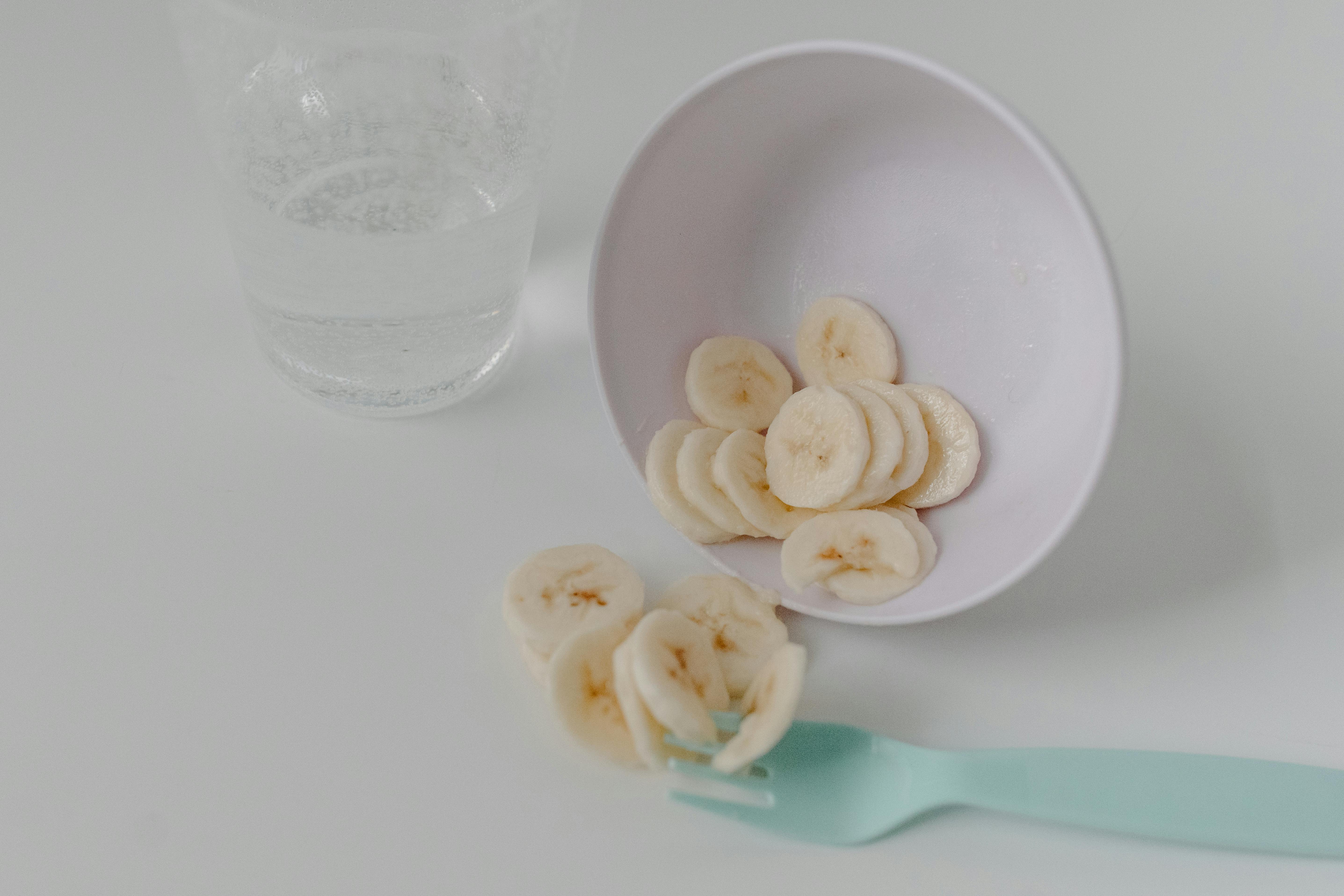
Effective Ways to Enhance Your Lymphedema Diet in 2025
Lymphedema, a condition characterized by swelling due to fluid retention, significantly impacts the daily lives of those affected. A well-structured lymphedema diet can play an essential role in managing the condition, reducing swelling, and promoting overall lymphatic health. In 2025, understanding dietary management for lymphedema revolves around incorporating foods that help control symptoms, as well as avoiding those that may exacerbate the condition. This article explores effective strategies to enhance your diet tailored for lymphedema, providing insights into recommended foods and lifestyle changes.
By focusing on anti-inflammatory diets, low-sodium diets, and other critical dietary practices, individuals can enjoy an improved quality of life while managing their symptoms. We will discuss nutritional guides for lymphedema, outline a balanced lymphedema meal plan, and share cooking tips tailored to ensure a healthy, enjoyable eating habit. Get ready to delve into transforming your eating patterns for better health!
Key takeaways include discovering the role of hydration in lymphedema, understanding essential food groups, and engaging with community support groups for ongoing encouragement.
Understanding the Role of Nutrition in Lymphedema
Nutrition plays a pivotal role in managing lymphedema symptoms. Approximately 3 million people in the United States alone suffer from this condition, with varying degrees of severity. A diet rich in specific nutrients can enhance lymphatic health and support the body's natural healing processes.
Key Nutritional Components for Lymphedema Management
To effectively manage lymphedema, certain dietary components should be prioritized:
- Omega-3 Fatty Acids: Found in fatty fish like salmon and walnuts, these healthy fats help reduce inflammation and support weight management. Incorporating these into your meals aids in reducing swelling.
- Fruits and Vegetables: Rich in vitamins, minerals, and antioxidants, they promote overall health. Specific fruits for lymphedema include berries and citrus fruits, while vegetables for lymphedema such as leafy greens are beneficial.
- Hydration: Adequate fluid intake is crucial. Water supports kidney function and assists in managing fluid retention. Aim for at least 8-10 glasses of water daily.
By prioritizing these components, individuals can create a robust foundation for their dietary management of lymphedema.
Foods to Avoid with Lymphedema
While enhancing your diet, it's equally important to identify foods that can worsen lymphedema symptoms. Avoid these:
- Processed Foods: High in sodium, they contribute to fluid retention. Check labels for sodium content and choose low-sodium alternatives.
- Sugary Snacks: Foods loaded with added sugars can lead to weight gain, further impacting lymphedema symptoms.
- Refined Carbohydrates: White bread and pastries can spike blood sugar levels and contribute to inflammation.
Developing awareness of the adverse effects of these foods is essential for managing lymphedema effectively.
Learning About Balancing Your Meals
Building balanced meals is crucial in your lymphedema meal plan. Focus on:
- Incorporating plenty of fruits and vegetables, aiming for variety to cover different nutritional bases.
- Choosing whole grains over refined grains for increased fiber, which helps in digestive health.
- Including lean protein sources, such as fish, chicken, or plant-based proteins, which are essential for recovery and maintaining muscle mass.
By focusing on portion sizes and timing your meals wisely, you can enhance your overall dietary habits while keeping lymphedema symptoms in check.

Hydration and Its Importance in Lymphedema Care
Hydration is a cornerstone aspect in managing lymphedema. Proper fluid levels assist with managing fluid retention and reducing swelling. Additionally, hydration promotes healthy skin and tissue health, which is vital for those suffering from lymphedema.
Health Benefits of Hydration
Staying adequately hydrated provides numerous benefits:
- Improved Circulation: Water supports blood flow, which is crucial for managing lymphedema symptoms.
- Enhanced Nutrient Absorption: Proper hydration helps with the absorption of nutrients essential for recovery.
- Detoxification: Drinking sufficient water aids in detoxifying the body and relieving pressure on the lymphatic system.
Incorporating herbal teas and hydrating fruits into your diet can also contribute to improved hydration levels.
Strategies for Maintaining Hydration
Here are manageable strategies to ensure you stay hydrated:
- Track Your Intake: Consider using a water tracking app or journal to monitor daily consumption.
- Infuse Water: Add slices of citrus fruits or cucumber for refreshing flavor.
- Set Reminders: Use alarms or notifications to remind you to drink water throughout the day.
By making hydration a priority, you can contribute positively to your lymphedema management.
Meal Preparation Tips for Lymphedema
Meal prep can significantly simplify managing your lymphedema diet. Planning ahead allows you to ensure that your meals are balanced, nutritious, and in line with your dietary goals.
Effective Meal Prep Strategies
Utilizing specific strategies for meal preparation can enhance your dietary routine:
- Batch Cooking: Prepare large quantities of healthy meals to freeze for easy access throughout the week.
- Use Healthy Cooking Techniques: Opt for grilling, steaming, or baking instead of frying to reduce excess fat intake.
- Explore Freezer-Friendly Lymphedema Recipes: Focus on recipes that minimize sodium and utilize lean proteins and healthy fats.
These meal prep techniques not only save time but also ensure you stick to your nimble meal plan.
Engaging in Cooking Tips for Lymphedema
Cooking can become a therapeutic outlet while ensuring your food is lymphedema-friendly:
- Experiment with Herbs: Use herbs instead of salt to add flavor to your dishes. They are naturally anti-inflammatory and promote better health.
- Focus on Colorful Ingredients: Fill your meals with a variety of colorful fruits and vegetables to maximize nutrient intake.
- Plan for Nutrient-Dense Snacks: Keep healthy snacks on hand to avoid unhealthy options. Consider nuts or cut-up vegetables.
Utilizing these tips can help you stay committed to your lymphedema management through dietary changes.

Consulting Nutritionists for Expert Advice
Engaging a dietitian or nutritionist familiar with lymphedema can significantly enhance your dietary management. They can provide tailored advice specific to your needs, guiding you through your dietary adjustments.
The Role of Dietitians in Lymphedema Management
Dietitians can aid your journey by:
- Evaluating Dietary Habits: Offer insights into your current eating patterns and suggest practical modifications.
- Providing Personalized Meal Plans: Create meal plans that align with your lifestyle, goals, and food preferences.
- Addressing Nutritional Deficiencies: Ensure you are meeting micronutrient demands and maintaining appropriate caloric intake.
Collaborative care strategies offer a comprehensive approach to managing lymphedema. Expert guidance empowers you to effectively navigate your condition through informed dietary decisions.
Monitoring Nutrition and Tracking Progress
Keeping a food diary can be an essential tool in understanding the effects of certain foods on your symptoms. Monitoring your intake helps with:
- Identifying Trigger Foods: A detailed record can reveal which foods cause heightened symptoms.
- Tracking Improvements: Seeing positive changes can enhance motivation and commitment.
- Adjusting Meal Plans Consistently: Regular evaluation ensures your dietary management evolves based on your changing needs.
By embracing these strategies and consultations, individuals can become proactive in managing their lymphedema through dietary choices.
Conclusion: Embracing Community Support and Lifestyle Changes
Your journey with lymphedema may feel isolating at times; however, through community outreach programs and support groups, you can find the encouragement needed. Engaging with others facing similar challenges offers invaluable emotional and educational support.
Incorporating dietary changes, improving hydration, engaging with professionals, and sharing experiences within support networks, enhances not just your health but the quality of life as well. Remember, each small change is a step towards better management of your lymphedema.
Join support networks, stay informed with current research, and embrace the host of resources available to navigate your path efficiently.
For more information about dietary management and to find support groups, check out resources like the Lymphedema Research Center.